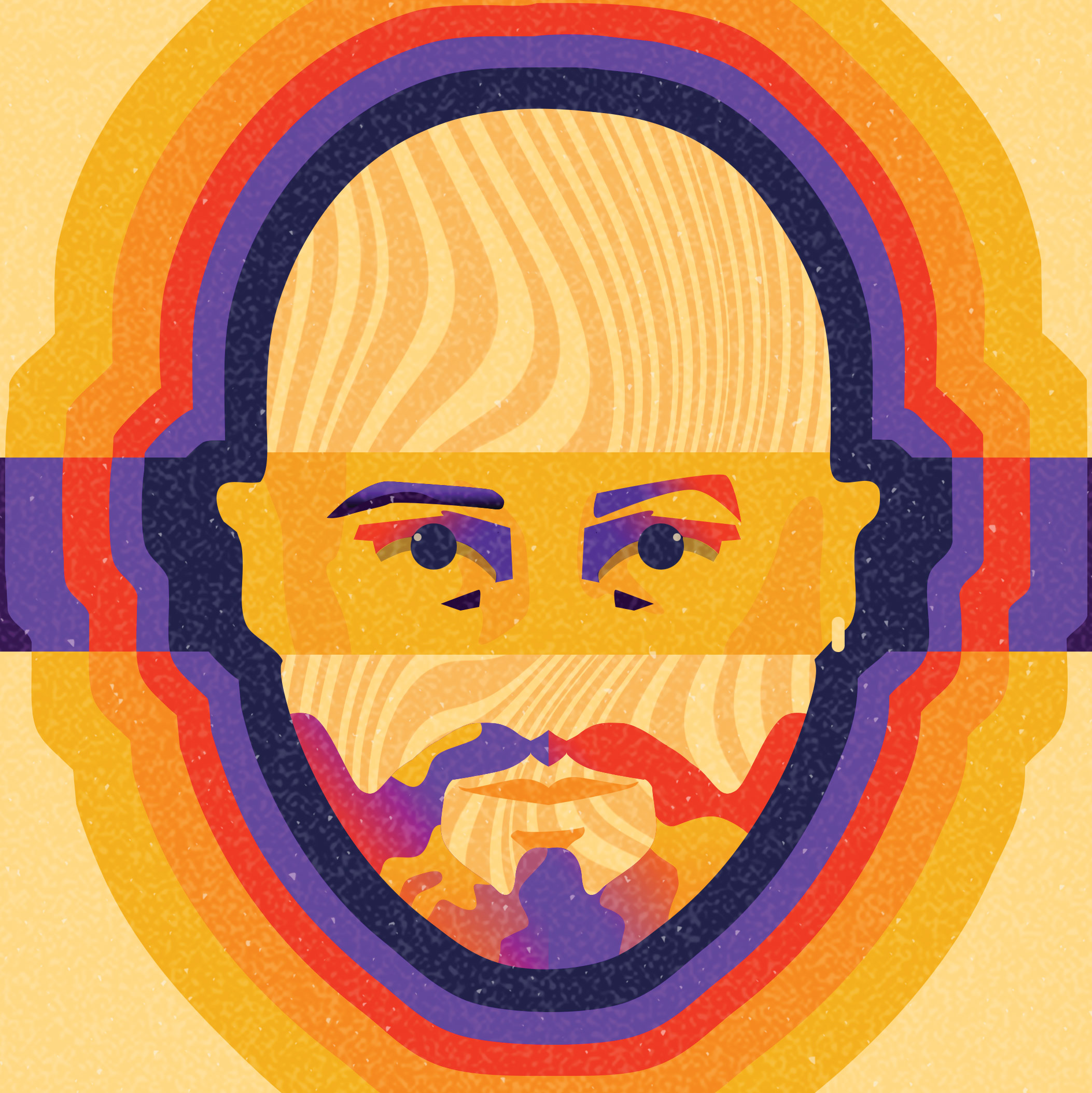
Travels with Bassem
By Mike Sager
Available for order wherever books and eBooks are sold.
A Palestinian and a Jew Find Friendship in a War-Torn Land
In the summer of 1988, about six months into the First Palestinian Intifada—an uprising by Palestinians against the Israeli occupation of the West Bank and the Gaza Strip—journalist Mike Sager, a Jew, was sent by the Washington Post Sunday Magazine to investigate the human toll of the uprising. While much was known about the political situation at the time, little had been reported about the actual conditions of Palestinians living as refugees in squalid camps on or near lands that were once owned by their ancestors.
Once in Jerusalem, walking through the Old City on a Shabbat evening after visiting the Western Wall, Sager met Bassem Hallak. Hallak was a Muslim and the proprietor of a family shop specializing in Palestinian antiquities on the Via Dolorosa, the cobbled street over which Jesus Christ is said to have carried his cross on the way to his crucifixion. At times, Hallak, who spoke English, German, French, Italian, Hebrew, and Arabic, worked as a tour guide and as a translator for visiting journalists. Meanwhile, he was secretly working as an organizer of the Intifada.
Within a few days, Sager had engaged Hallak as a guide and translator, and for the next six weeks, these two men, close in age but from wildly different backgrounds, crisscrossed the Holy Land together. They visited hospitals, cities, and refugee camps, witnessing the toll of the struggle, clashing at times with Israeli forces, and ultimately building a friendship as they learned that their similarities and growing affection far outweighed their differences.
The controversial story was spiked by the magazine. It was later published to critical acclaim in a 2004 collection called Killed: Great Journalism Too Hot to Print. Travels with Bassem is the enhanced and updated Author's Edition, created after Hallak died of a heart attack in late 2014, at the age of 54, in his family’s home in the Mount of Olives, while awaiting an ambulance.
During his entire life, Bassem remained steadfastly dedicated to the establishment of a Palestinian state with full rights for all of its inhabitants. He was often referred to as the unofficial “mayor” of Jerusalem. He cared for and helped raise many of the young men of the old city, reminding them of their history and the responsibilities they bore facing an uncertain future. On any given day you could find city residents coming and going from Bassem’s shop in the old city. Often sought after for his wisdom—and sometimes despised for his honesty and love of the truth—Bassem was called upon to settle disputes between shop keepers, youngsters in the neighborhood, and neighborhood friends. Every Ramadan, in the tradition of sharing, he and a few other men hosted a special dinner for the neighborhood.
A few weeks before his death Bassem physically put himself between a young boy and a group of settlers who were allegedly intent on kidnapping the boy. The confrontation caused soldiers and others to come running from all quarters of the city. Eventually, a commander, who knew Bassem from the days of the first intifada, arrived on the scene and diffused tensions.
Over the three days following his death, more than 1500 people arrived to pay their respects. If the borders between the West Bank and Gaza had been open there would have been many more.








